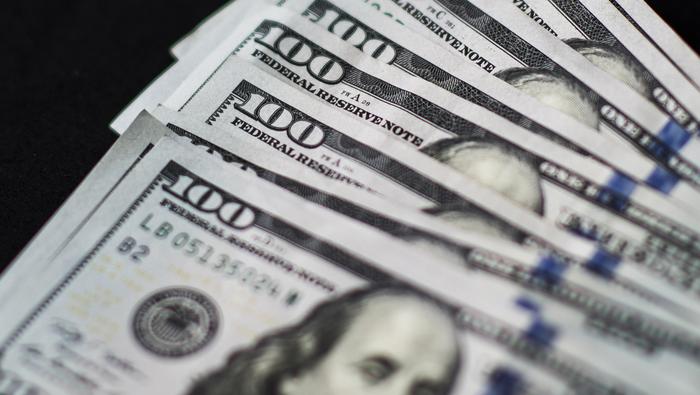Talking Points:
- UK’s Prime Minister David Cameron confirms Britain will need “fresh leadership”
-“Risk off” flows seen across the board as safety linked assets surge
- BoE pledged to offer liquidity if required, while the SNB already confirmed intervention in the FX market
Volatility is extreme with the Brexit results. Learn good trading habits with the “Traits of Successful Traders” series
Financial markets and officials are digesting the fallout of the “Brexit” decision. UK voters cast their votes and decided to leave the European Union as the aggregated final results showed the “Leave” camp prevailed by 51.9% to 48.1% margin. England and Wales voted leave, while Northern Ireland and Scotland showed a majority to remain, thus dividing the United Kingdom.
Indeed, we have already seen comments from political parties in Scotland to stay in the EU, as Scotland's First Minister Sturgeon said it is unacceptable for Scotland to be taken out of EU against its will, which could imply a possibility for another Scottish referendum, and further political turmoil may be down the line.
UK’s Prime Minister David Cameron held a press conference after the official vote hit the wires, saying that the will of the British people must be respected, and that the UK must now prepare for negotiations.
Cameron said that it is not right for him to try to steer the country after favoring “Remain”, so Britain will need fresh leadership after a “period of stability”, set to be three months. Talks with the EU will begin under the new PM, who will decide when to trigger Article 50 (the formal mechanism for leaving the EU).
Once Article 50 is triggered, the UK formally has two years to negotiate its way out of the bloc. In that period, it seems that the market will face further uncertainty regarding the relations between the parties.
On a joint statement by EU officials- Donald Tusk, Martin Schulz, Mark Rutte and Jean-Claude Juncker announced that they regret the decision by the British people, but respect it. The officials said the Union of 27 Member States will continue and that they stand ready to launch negotiations swiftly with the UK regarding the terms and conditions of its withdrawal from the European Union
The central banks front has been lively as well following the “Brexit” decision.
BoE governor Mark Carney stated that the bank will assess financial conditions in the coming weeks, and will not hesitate to use additional measures if required.
Carney further emphasized that the bank has undertaken extensive contingency planning and is ready to provide GBP 250 Billion of liquidity if required.
The ECB released a statement as well, saying that the bank will continue to fulfil its responsibilities to ensure price stability and financial stability in the euro area, and that the bank is ready to provide additional liquidity, if needed, in euro and foreign currencies.
The SNB on their part released a rare confirmation that the bank has indeed intervened in the FX market to weaken the Swiss Franc following safe-haven flows to the country. The bank has pledged to remain active in the market.
The BoJ refused to comment on possible future/past interventions at this time, but given the recent movements in the financial markets, this question might be in the spotlight again.
As the world began to come to terms with this new reality, the markets has seen extreme moves, and indeed “risk off” is apparently the order of the day, affecting almost all financial assets.
The British Pound hit a 30-year low, Shares plunged across the board (with UK bank stocks taking massive hits), Yen and US Dollar surged alongside Gold and treasuries, Oil dropped while and sentiment linked currencies suffered as well. Gilt yields saw the biggest drop since 2009 and hit a new record as market participants scrambled for safety.
Volatility is expected to remain extremely elevated, as implied 3-month volatility readings for the world’s most-traded currencies jumped more than 20 percent, which might suggest that trading this environment should be approached with extreme caution (if at all).
FTSE 100 (CFD: UK100) 5-Minute Chart: June 24, 2016

GBPUSD 5-Minute Chart: June 24, 2016

--- Written by Oded Shimoni, Junior Currency Analyst for DailyFX.com




